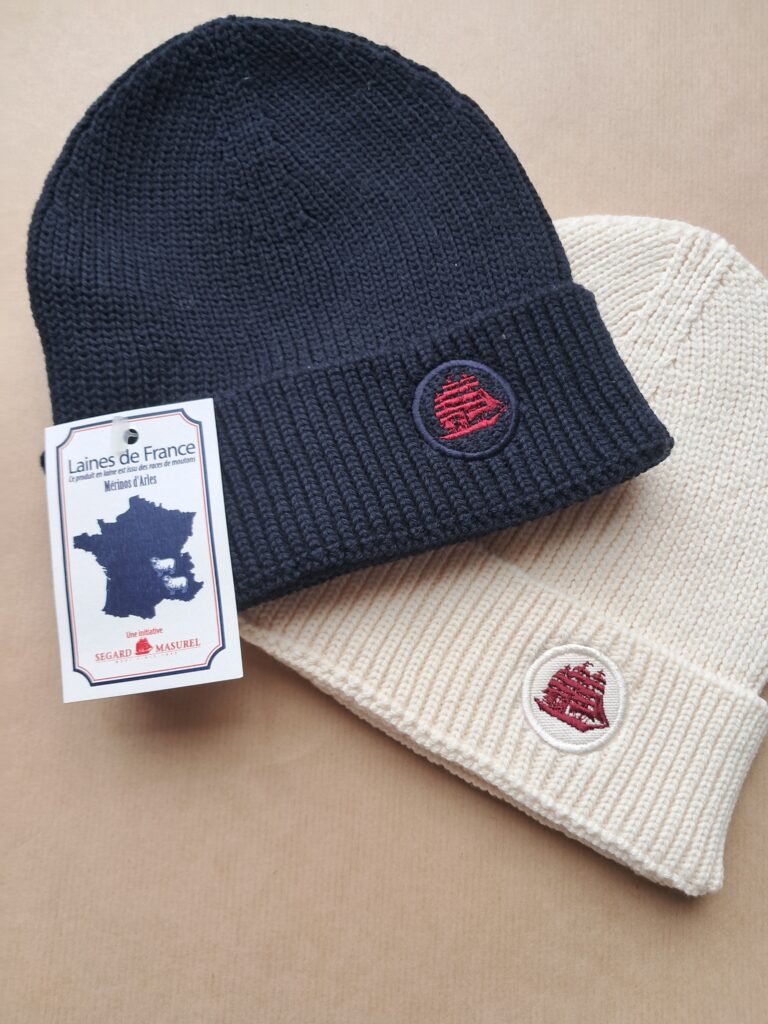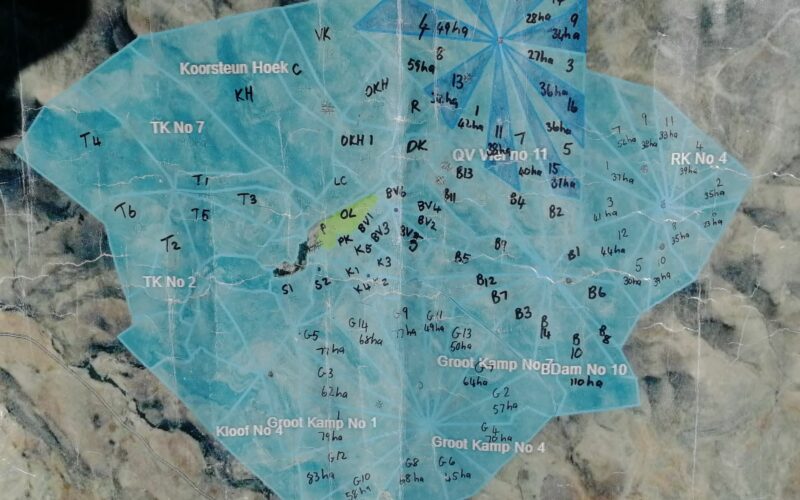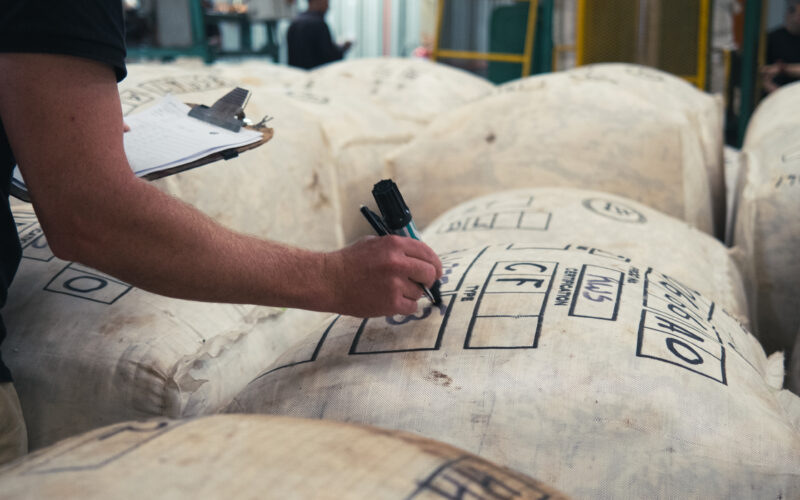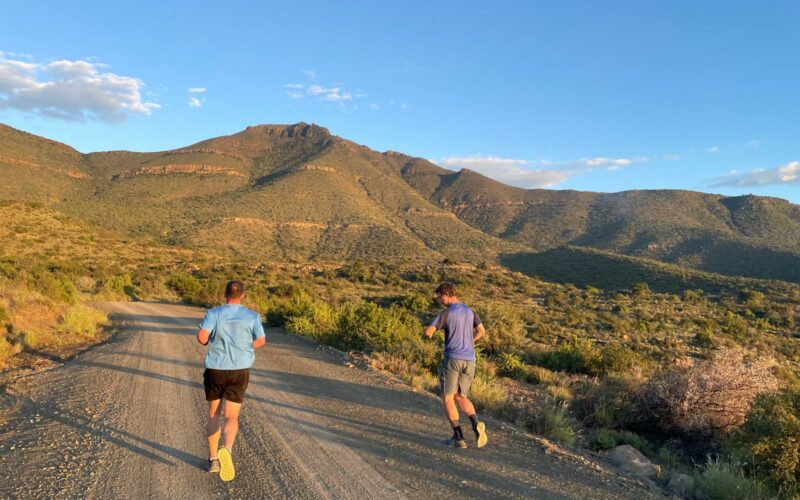Wool, a renewable and biodegradable natural fibre, has been marketed by Segard Masurel for over 175 years in France and through its subsidiaries in South Africa, Australia and New Zealand.
Originally bred for their wool and leather, sheep were bred more for their meat and milk in the 20th century. The massive arrival of synthetic fibres has exacerbated the decline in wool consumption, which now accounts for less than 1% of the world’s textile consumption.
Today, with the ecological issues at stake, the textile industry is organizing itself around local production with a low environmental impact.
In France, we have more than 50 breeds of sheep that produce a variety of wools suitable for different uses such as clothing, furniture, decoration, quilting, etc.
However, some of the know-how needed to supply the textile industry with local, high-quality wool has been lost. It is against this backdrop that Segard Masurel is helping farmers to learn about good practice from shearing onwards, so as to supply quality wool suited to the market.
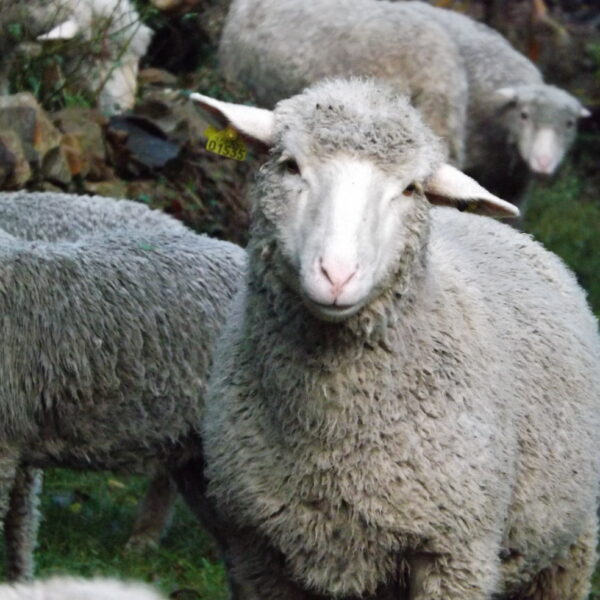
Different breeds of sheep for different textile uses
58 sheep breeds were officially recognised by a ministerial decree in 2018. Some breeds are considered local if they represent more than 30% of the sheep population in a given département.
24 of these breeds are currently threatened with abandonment by farming.
In the past, all the wool produced by these different breeds was used in a variety of ways locally: bedding, mattresses, woolen sheets, clothing, carpets, etc.
Here are some of the breeds from which Segard Masurel’s yarns originate:
- Mérinos d’Arles: mainly bred in the PACA region and resulting from a cross between a local Provençal ewe, now extinct, and Spanish Merino rams, this breed is distinguished by the fineness and softness of its wool.
- Est à Laine mérinos: from north-east France, this breed produces wool that is not as fine as Arles’merino, but has great insulating and bulking properties, as well as being extremely hardwearing. Ideal for winter jumpers and jackets.
- Ile de France: this breed, originally developed around Paris, is the result of a cross between Merino sheep and more beefy breeds. Its wool is bulky, insulating and hard-wearing. Ideal for marine jumpers.
All these breeds belong to the large Merino group, as they are all the result of crossbreeding with the Merino breed. Each of these breeds is adapted to a specific environment: some are more or less tolerant of damp, the cold or, because of their make-up, can be very good walkers.
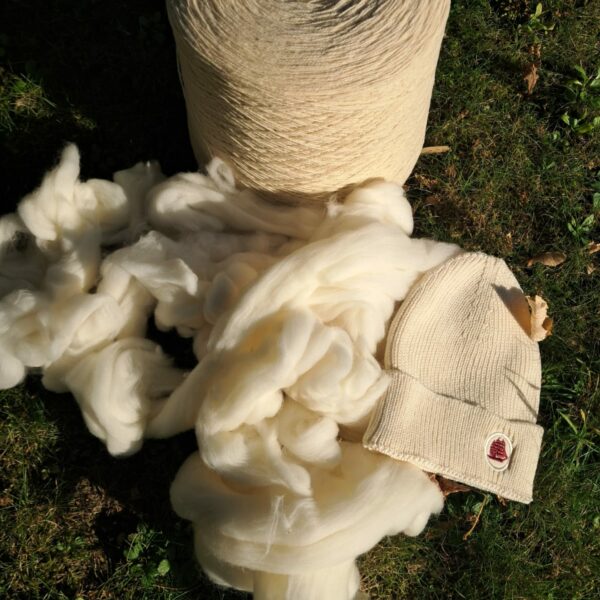
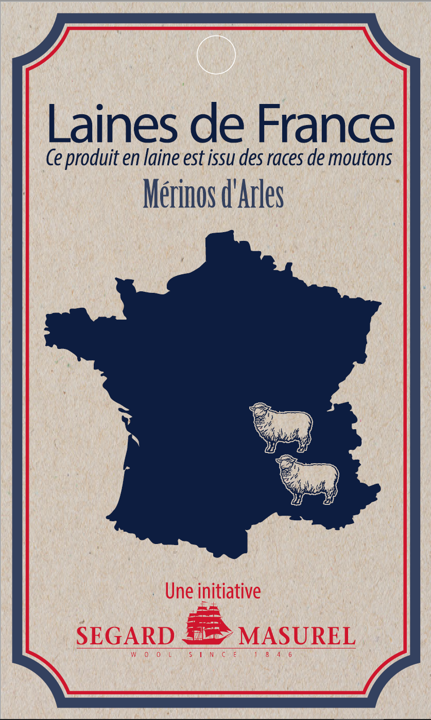
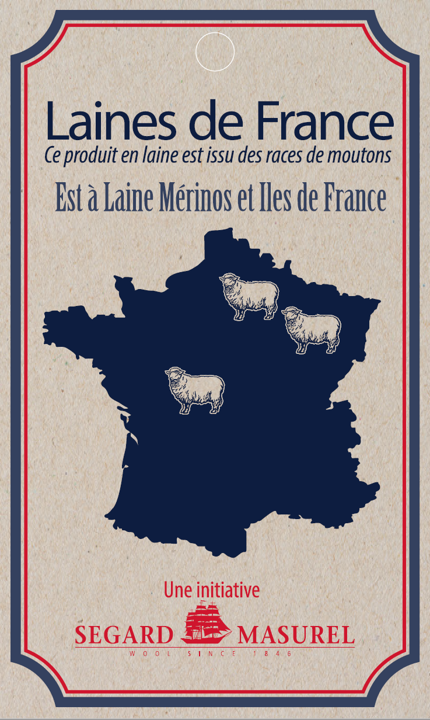
From wool to yarn: the different types of yarn
A fibre is characterised by its fineness, length, spring and strength. A very fine fibre is obviously less resistant than a thicker fibre. Each type of therefore has properties that define its possible uses.
The choice of yarn type (combed or carded) and fineness is expressed by the metric number (Nm), which is determined by the fineness (expressed in microns) and length of the fibre and the number of fibres in the cross-section.
What do these terms mean?
– Micron (µm): expresses the diameter of the fibre. A lower number corresponds to a finer wool, often more suitable for direct contact with the skin.
– Metric number (Nm): This unit is used to measure the thickness of the yarn. The higher the Nm, the finer the yarn.
Which French sheep wool yarns for which use?
Depending on the size of the fibre expressed in microns and its metric number, the yarn will be used for different textile products.
At Segard Masurel, our yarns are available from stock in various colours and can be dyed on demand from 30kg upwards.
Ansouis yarn : 100% Mérinos d’Arles 21.5 microns in Nm 1/30 and 2/30. A yarn more suited to fine knits.
Le Dorat yarn: 100% Ile de France breed, 28 microns in Nm 2/28 with greater resistance to rubbing and bad weather. Its loft is ideal for navy jumpers, blankets, plaids, jackets and coats.
Wool also has its place in the decoration sector, in furnishing fabrics, rugs and even decorative objects, thanks to the felting technique.
At Segard Masurel, our knowledge of the fibre and the special characteristics of French wool means we can help each project select the right wool or yarn.
Our presence right from the shearing stage with certain French farmers enables us to ensure the quality of the french sheep wool and offer full traceability from farm to yarn.
